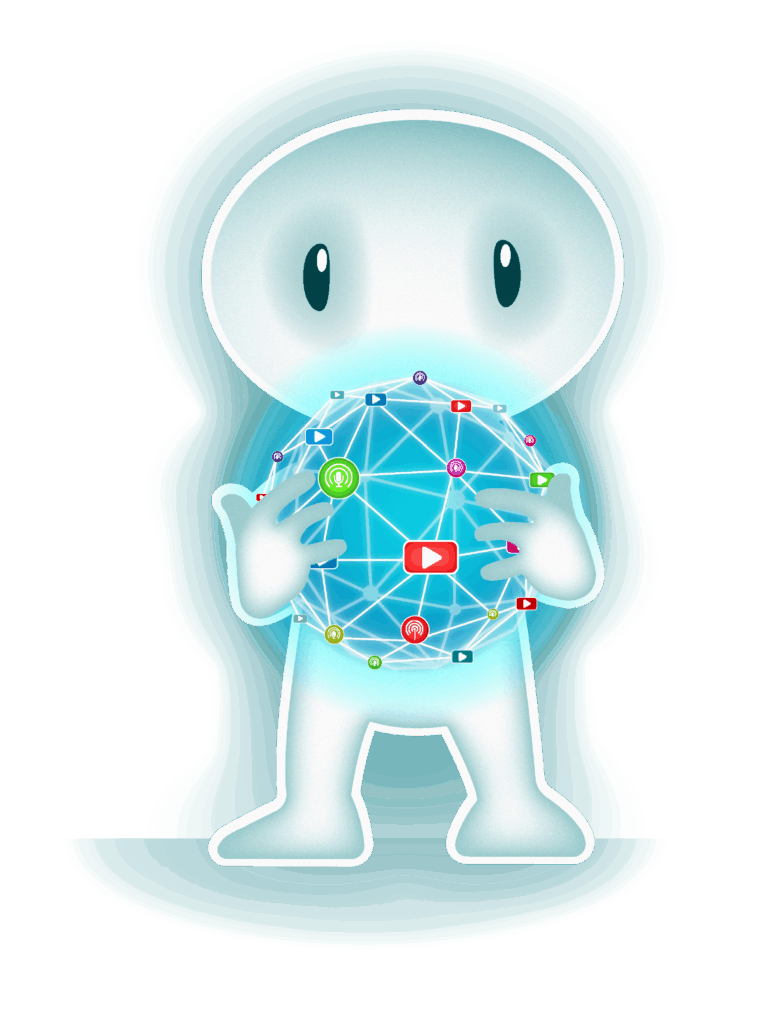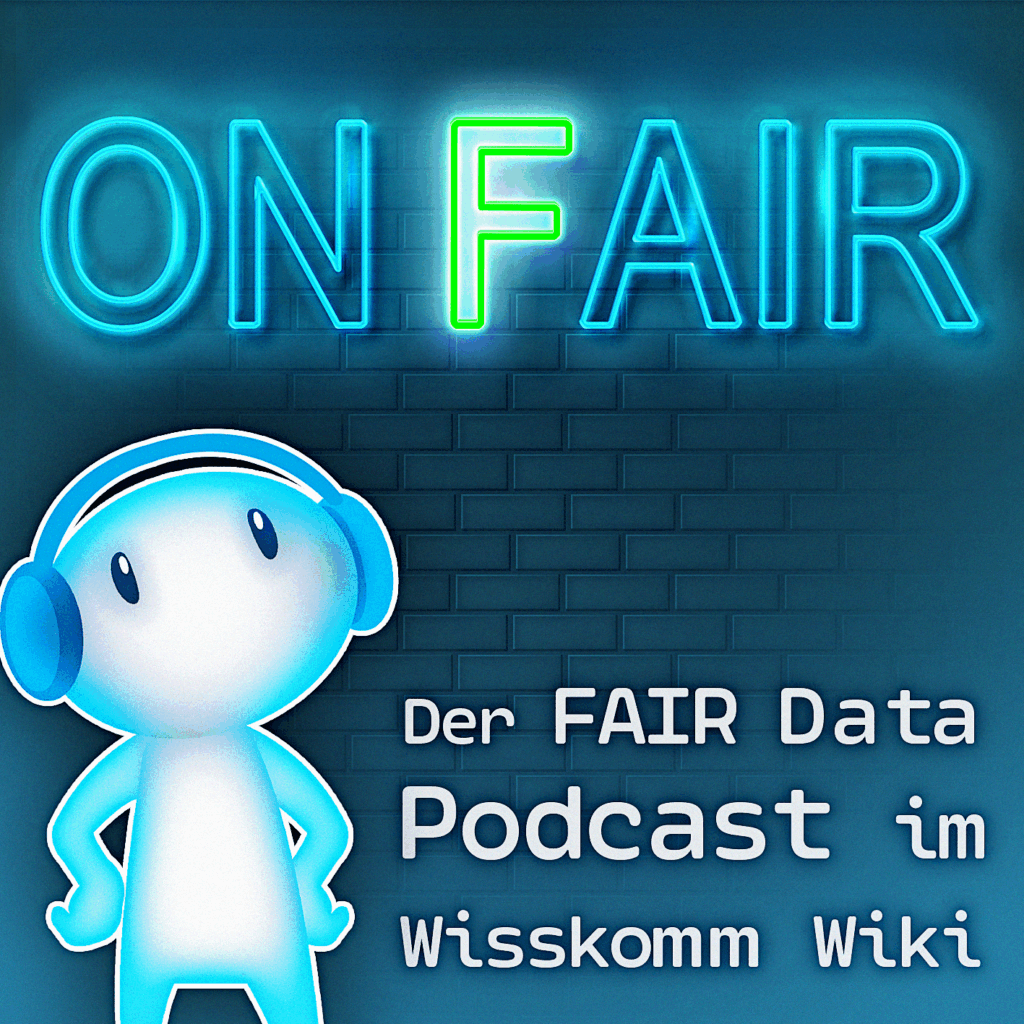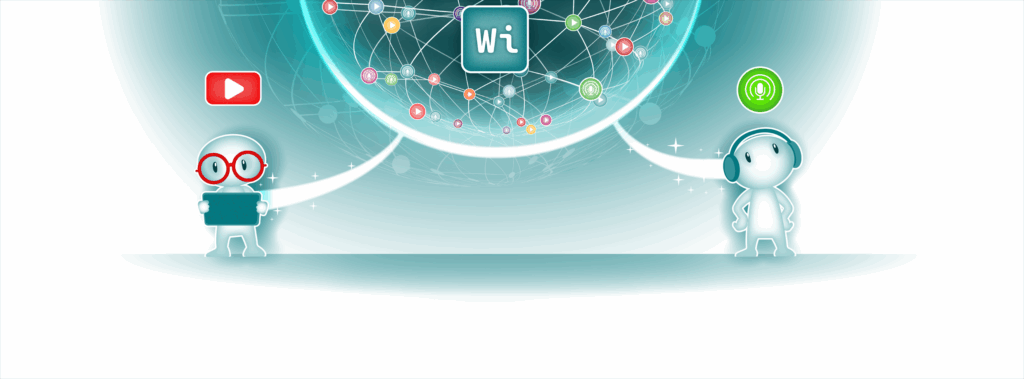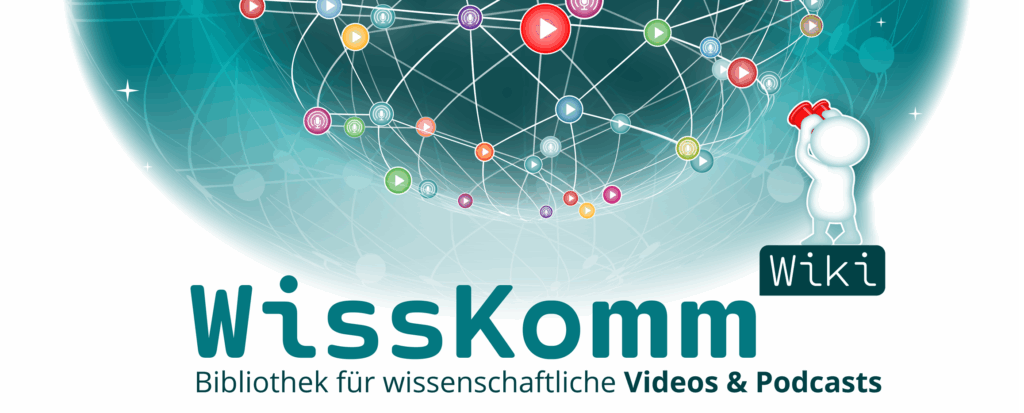
Why is finding the right video so complicated?
I just want to find an understandable video or podcast that shares some reliable knowledge I care about.

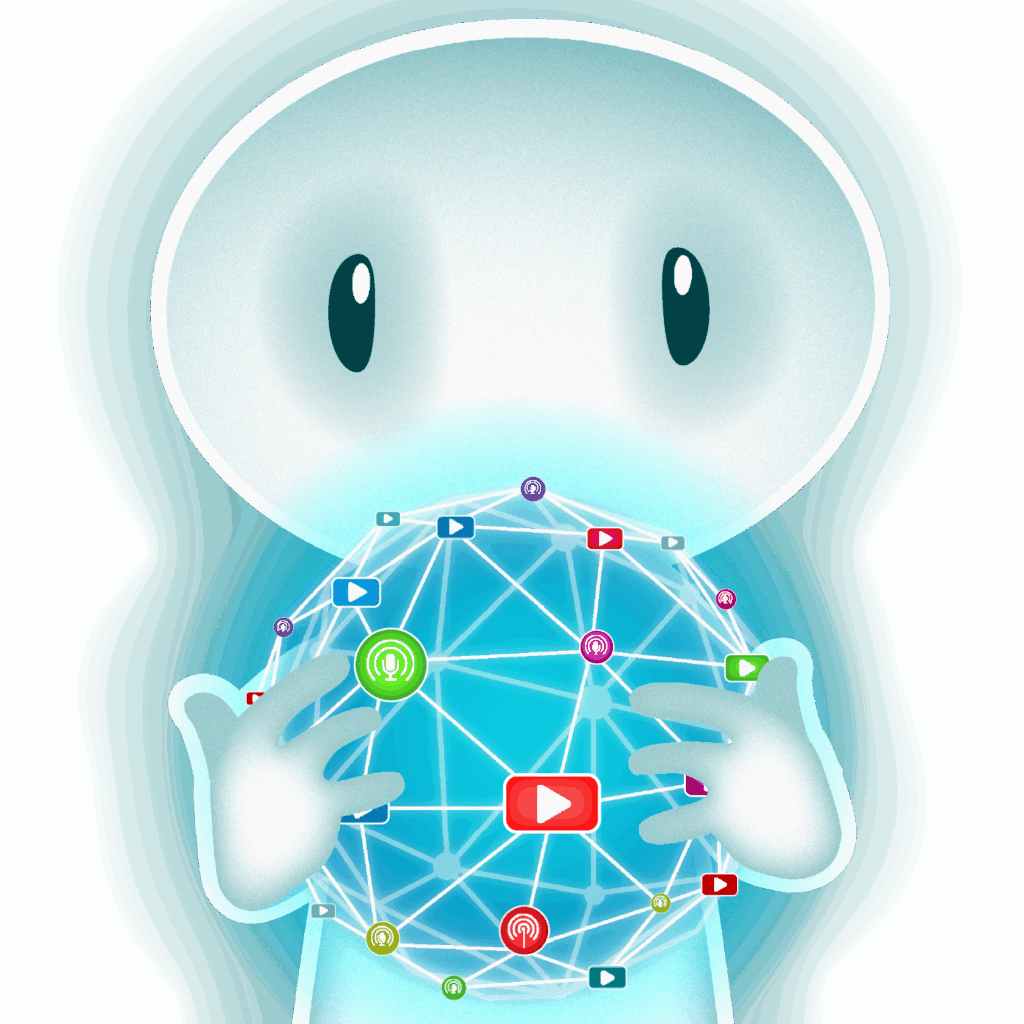
We want to make finding videos and podcasts easy.
We want to give you the tools to actually make an informed decision when searching for your medium of choice.

How?



